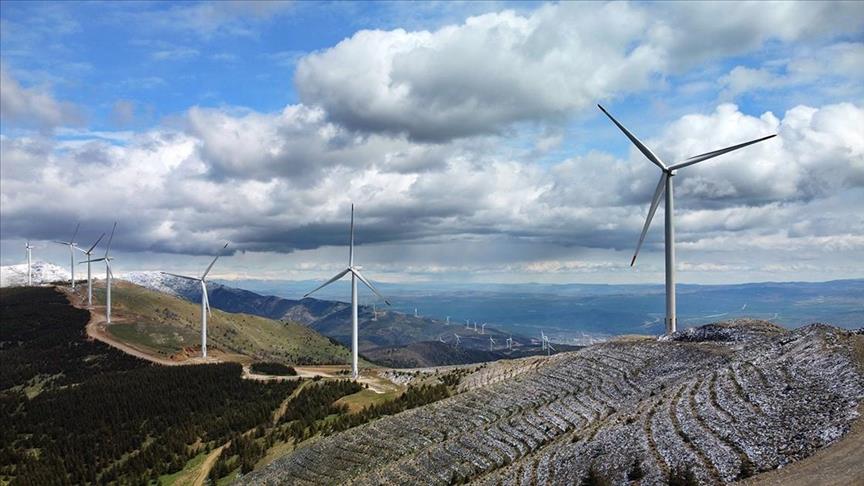Contrary to the pledges of 12 European countries to move their power systems away from fossil fuels in line with the UN Paris Climate Agreement by 2035, the gas industry's expansion plans present a “glaring chasm,” according to a report by Berlin-based non-profit Beyond Fossil Fuels on Wednesday.
The new report, which consists of over 60 civil society groups, revealed that 98% of Europe’s existing gas power generation capacity lacks a retirement plan, as the industry proposes 72 gigawatts (GW) of new gas input, equivalent to a 27% increase in gas capacity over the next decade.
Italy, the UK, and Germany emerge as the top European countries for both installed and planned gas capacity, yet they agreed in the G7 communiqué signed in 2023 to decarbonize “fully or predominantly” their power sectors by 2035.
According to the Paris-based International Energy Agency (IEA), 2035 is the latest possible date for European countries to decarbonize their power systems and fulfill the objectives of the Paris Climate Agreement.
Commenting on the report, Alexandru Mustata, a campaigner at Beyond Fossil Fuels, said: “There is an emerging consensus that European nations should phase out fossil gas from their power systems by 2035, but you wouldn’t know it from looking at the gas industry’s expansionist agenda.”
“Failure to synchronize industry plans with the imperative to combat climate change will only make the transition to renewables-based power unnecessarily costly and chaotic,” Mustata added.
As the European gas industry's expansion plans will not only accelerate the climate crisis but also undermine energy security and expose the continent to volatile electricity prices, Mustata commented that “it is the duty of governments to send a clear message to the gas industry that its days are numbered and mandate decisive action to ensure a smooth transition to a fully renewables-based power system by 2035.”
Reporting by Nuran Erkul Kaya in London
Writing by Handan Kazanci
Anadolu Agency
energy@aa.com.tr


